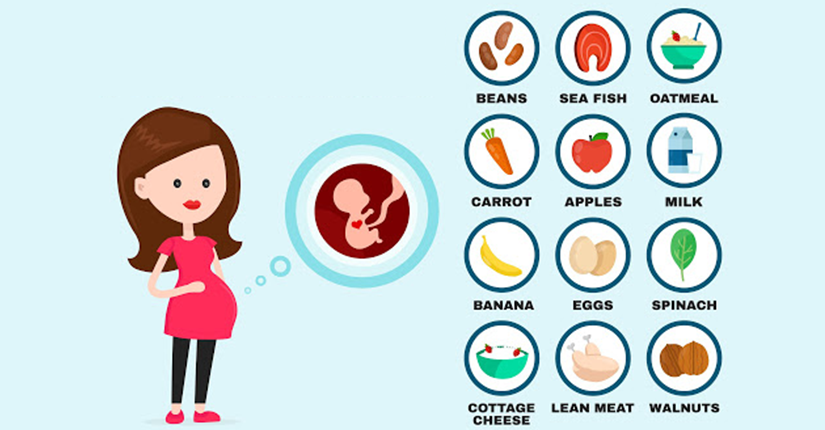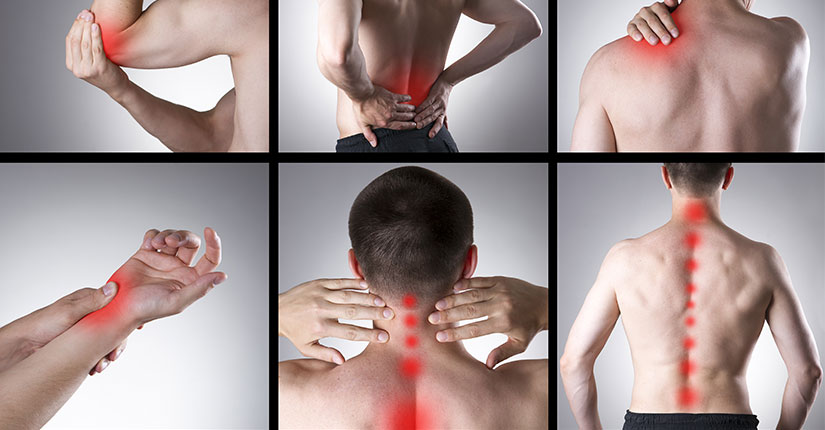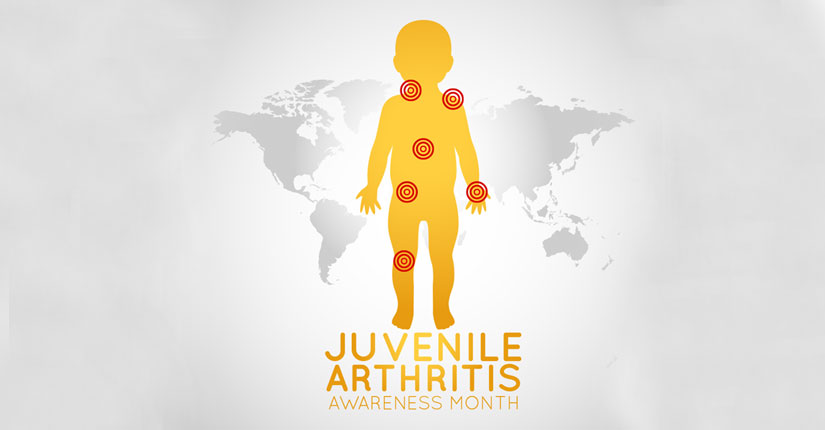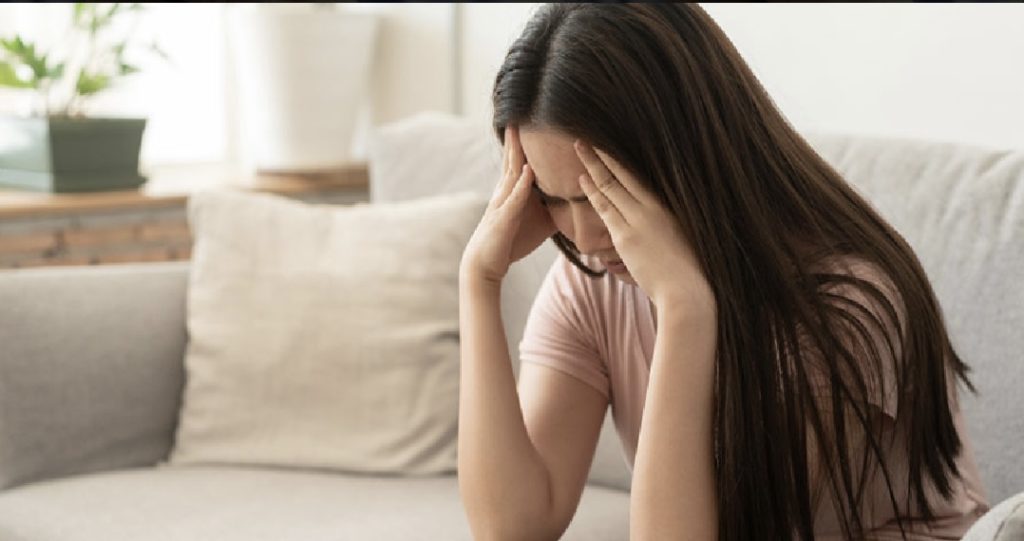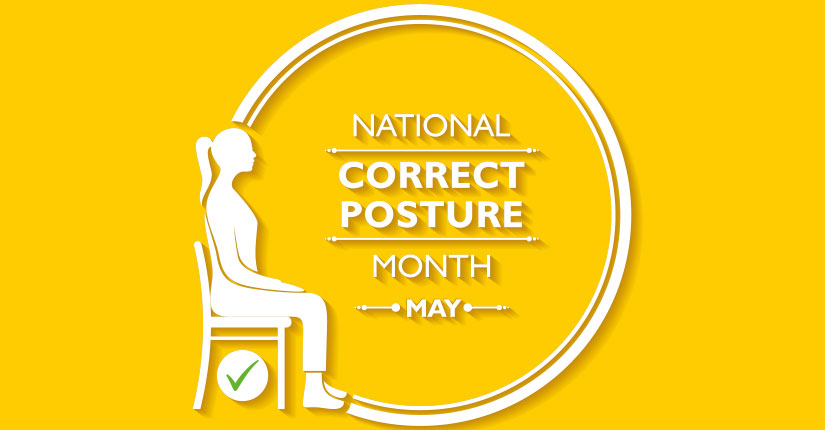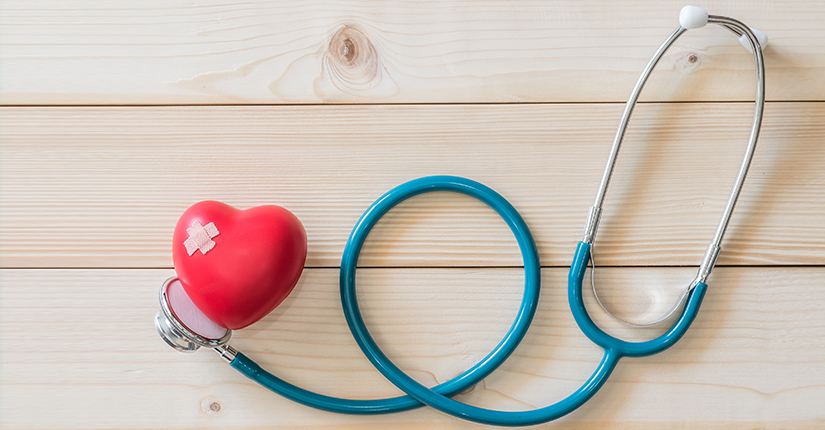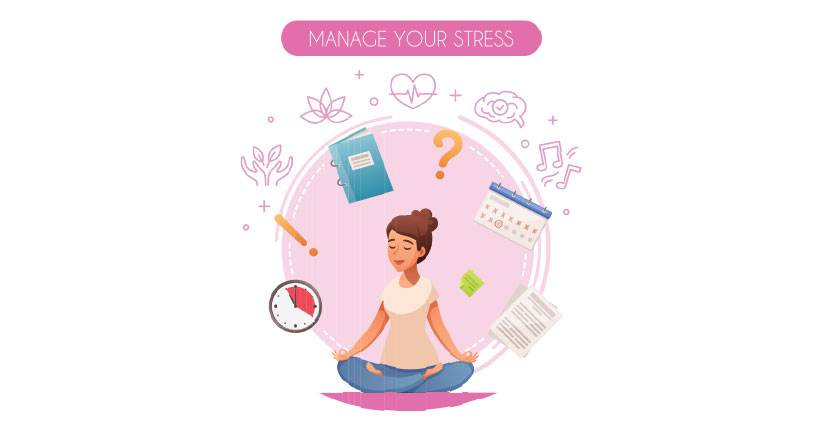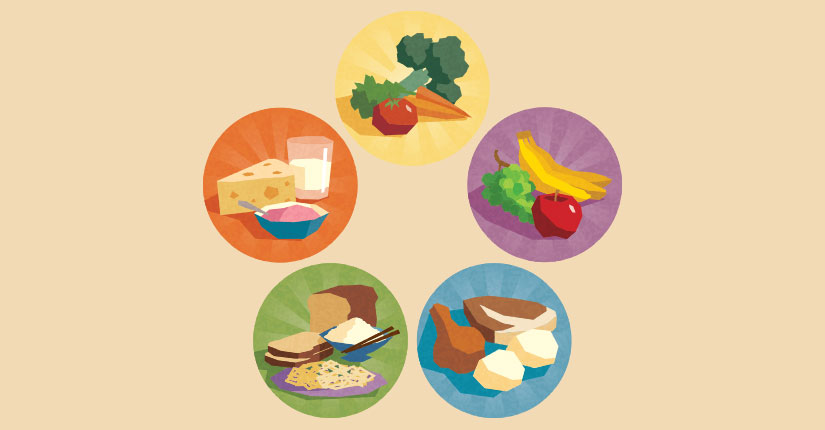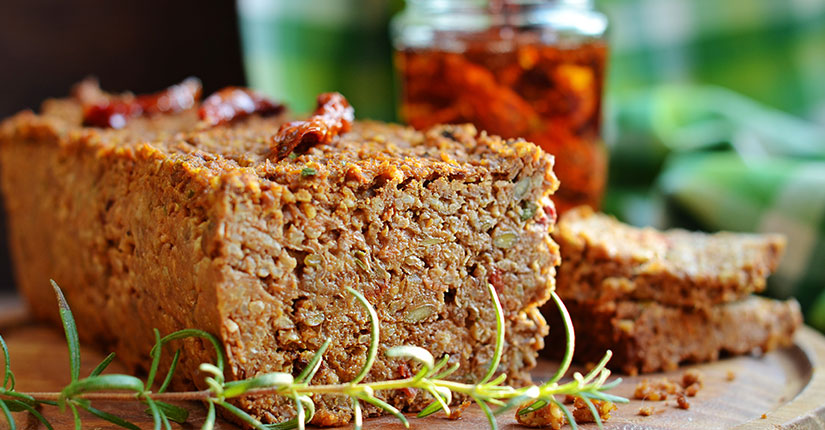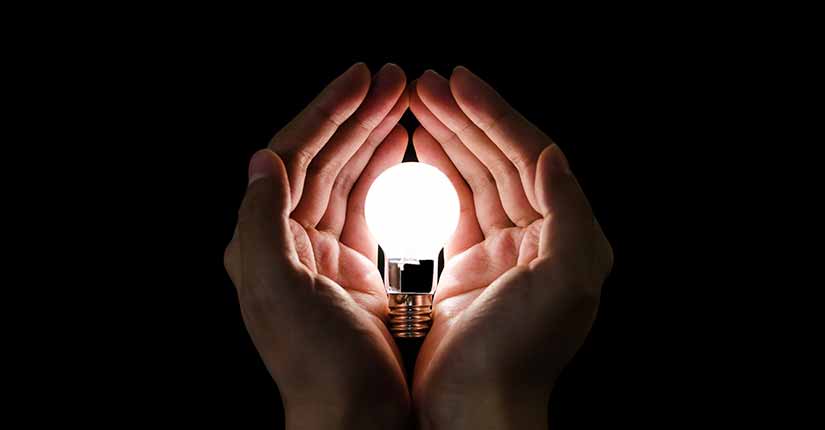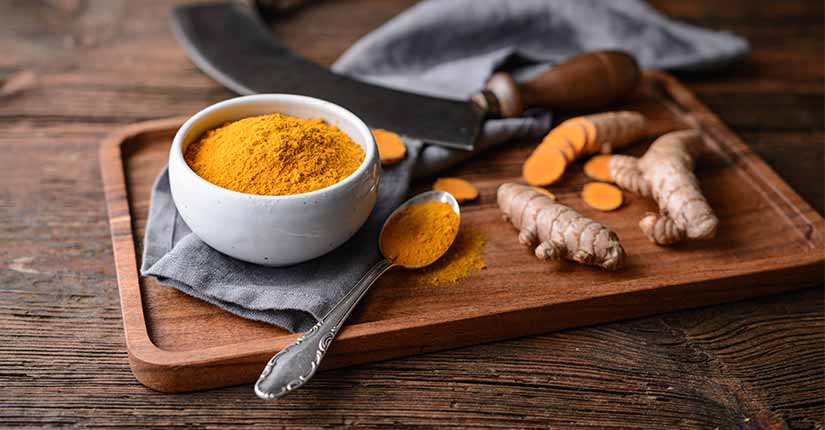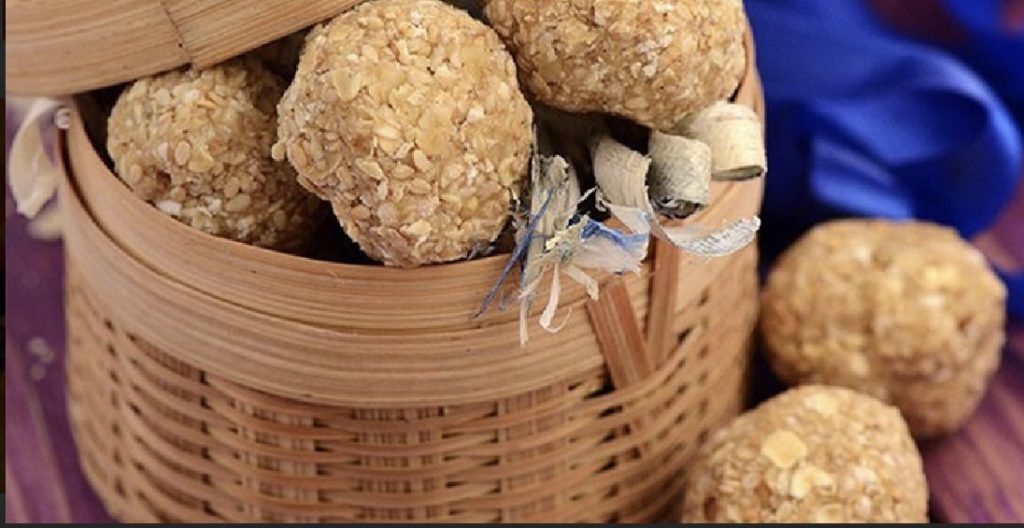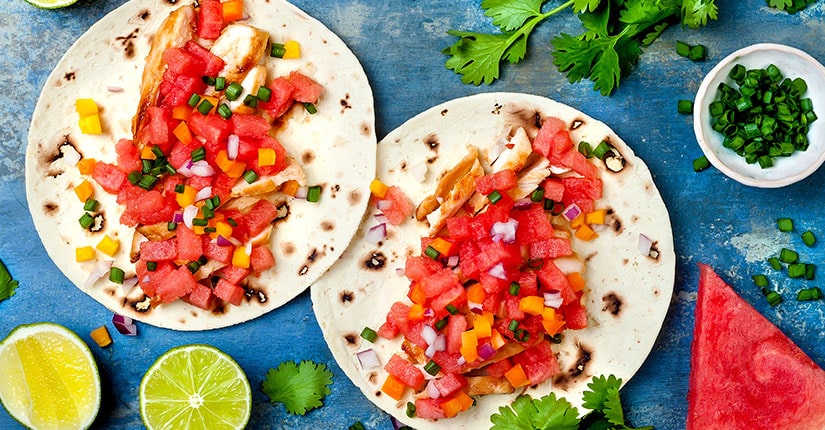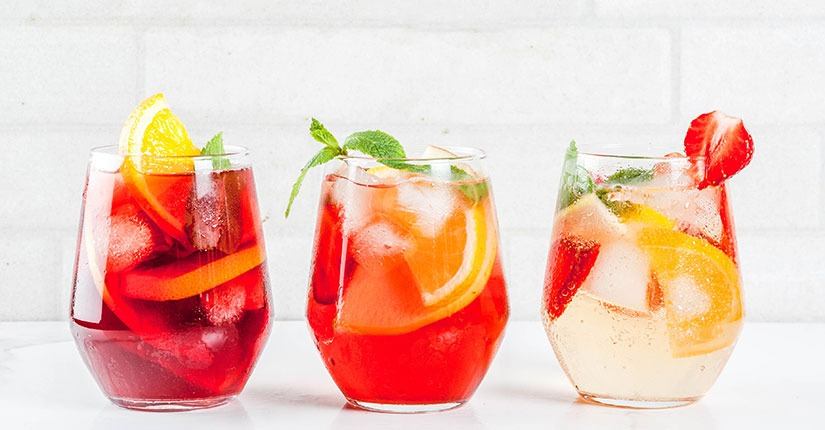Health Journey of a Woman- 30’s & 40’s
By Nmami Agarwal 06-Mar 2020 Reading Time: 8 Mins
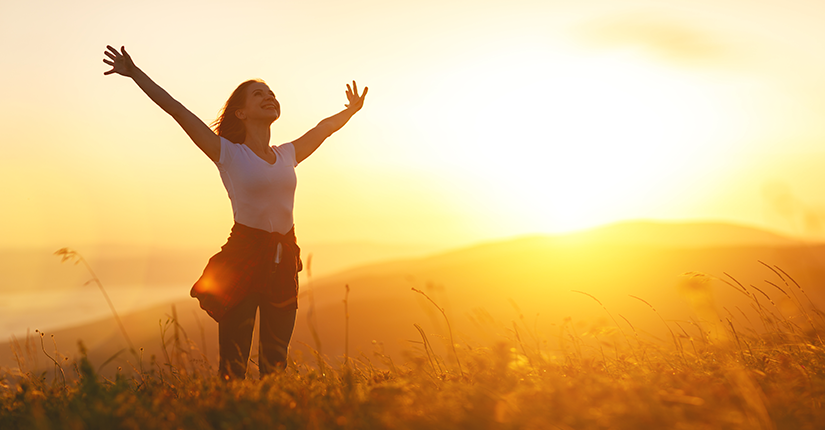
A woman’s life is full of surprises but has many ups and downs in the journey, if we talk about women at the age of 30’s and 40’s, most of the women are married by 30 and have a household to take care of. Between the hustle and bustle of life, there comes a time where she experiences her ageing. The journey of a woman from 30’s and 40’s includes ample changes and some of the commonly found changes in a woman are as follows:
Bone density: It is said that the women tend to have smaller, thinner bones than men, because of which women are more prone to developing osteoporosis, Bone density starts declining after the age of 30 and reaches its peak at 50. Women are advised to have calcium-rich foods and include exercise in their daily routine to keep their joints and bones healthy.
Fertility problems: With aging, fertility problems occur due to age-related changes in the ovaries. Fertility gradually decreases in the 30’s, particularly after the age of 35. Women do not remain fertile until menopause. The average age for menopause is 51, but most women become unable to have a successful pregnancy sometime in their mid-40s.
Midlife crisis: Some women find themselves suffering from depression and crisis of self-confidence. The burden of responsibilities of family and in some cases, work makes them question their self crisis. To cope up with the stress, all the women should consume more and more foods rich in antioxidants mostly obtained from fruits, vegetables, nuts, seeds, herbs, and spices.
Progressing towards menopause: Menopause is the stage where a woman stops getting her periods, average age being 50-55. A woman’s body experiences hormonal changes which may be the signs of perimenopause (the time leading up to the last period), when the body gets the signs of menopause. During this period women might experience anxiety and depression, weight gain, lower sex drive and fatigue.
Ageing skin: When women enter their 30’s, their skin starts to look a bit dull and wrinkly. This is because the new skin cells don’t form as quickly as they used to. This is the part of ageing and it will happen eventually. Mild cleansers and moisturizers may help with coping up with the dull skin and a healthy diet always works well.
Weight gain: Women are likely to gain weight at the age of 30 because the metabolism slows down compared to the early age of life. Another reason for weight gain is due to the lack of exercise, as we grow older we ought to become lazier and that leads to higher risks of heart disease and stroke.
To overcome the above-mentioned points, the women should not let their body deficit of any nutrients listed below:
Iron: Iron is the most important component that makes haemoglobin, which allows the red blood cells to transport oxygen throughout the body. The woman lacks iron because they menstruate monthly and the loss of blood from the body causes iron deficiency. Iron deficiency is found mainly in younger, pre- menopausal and the women who exercise regularly. The body doesn’t make iron itself but it has to be gained from food rich in iron.
Some of the iron-rich foods include whole grains, fish, meat, egg, tofu, green vegetables and nuts like cashews.
Calcium: The minimum daily calcium requirement in women is 1,000-1,200 milligrams. Calcium is needed for good health of bones which tend to weaken in women after the age of 30’s. To avoid having osteoporosis, women should consume an adequate amount of calcium and vitamin D. Foods rich in calcium are dairy products, ragi, chia seeds, sesame seeds, almonds.
Folic acid: Folic acid is needed by the body to make new blood cells and prevent changes in the DNA. Folic acid also helps the body to digest protein. Foods that provide folic acid are spinach, brown rice, avocado, oranges.
Protein: A woman’s body needs proper nutrients to maintain the weight that is being disturbed by the ageing. Protein helps the body to keep the bones, nails and hair in good condition. Foods that may help in consuming adequate protein are nuts and seeds, legumes and pulses, milk, tofu, eggs, meat.
Over to You
To keep up with your 30’s and 40’s, a regular session of exercise might make you feel a lotenergetic. The body needs proper functioning and a good diet can be useful in helping doing the same. As the years of ageing come along, stay strong by having an adequate amount of nutrients and keeping a check on the movement of the body. Being lazy is just like neglecting to live life, so to lead a life that makes you happy, you need to work for it. Ageing is no punishment or a problem; it’s a natural process and to go with the process smoothly, be confident and active!

